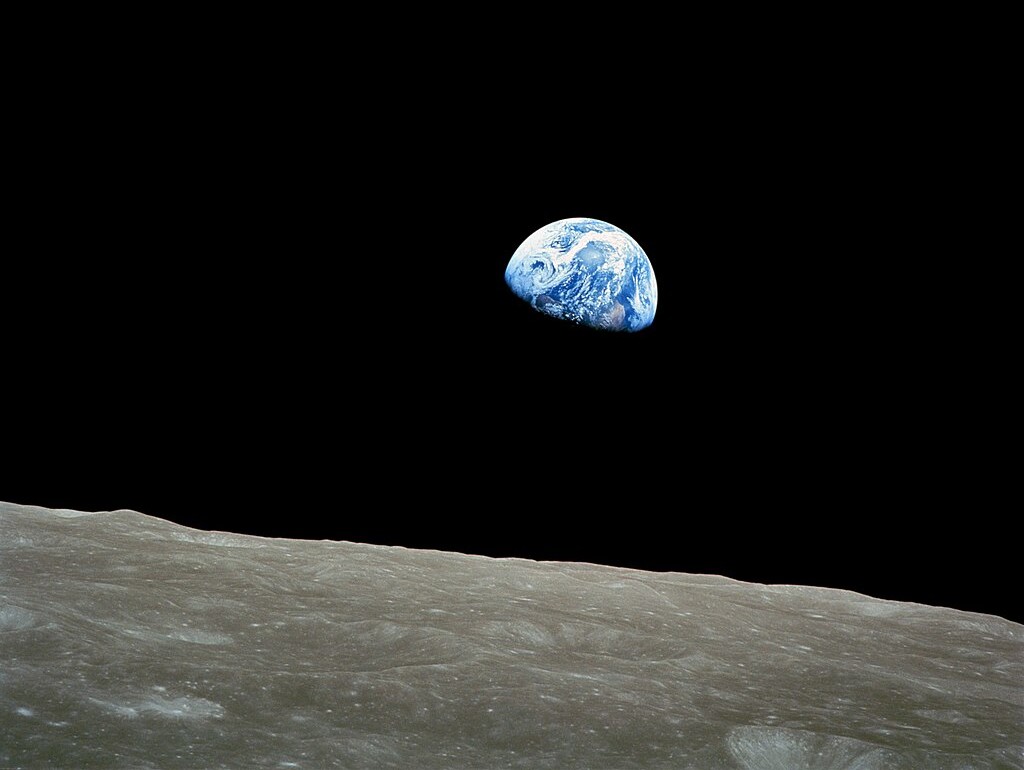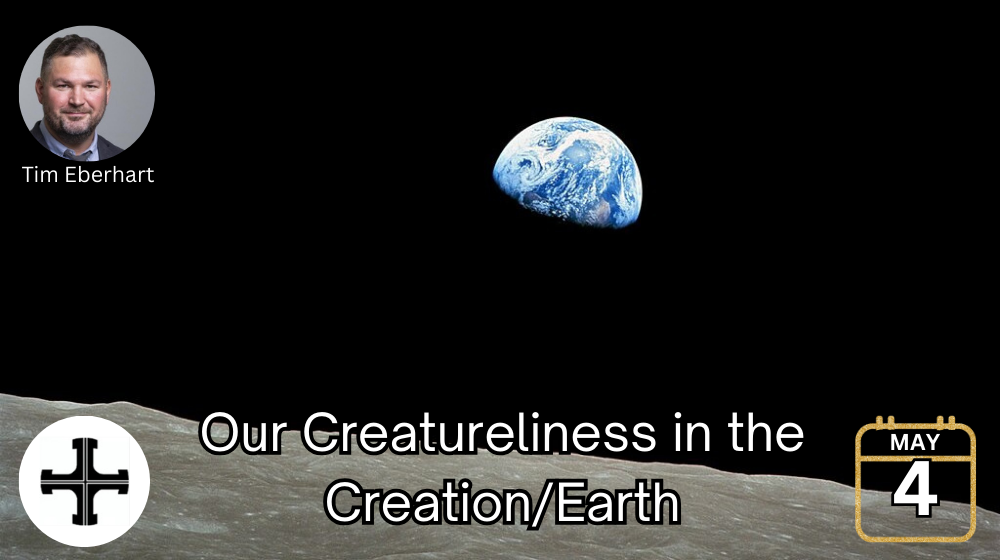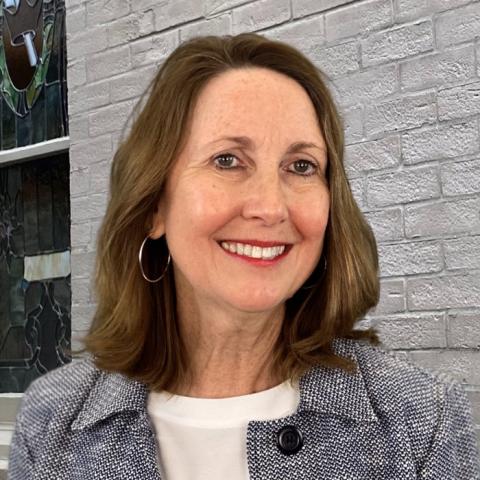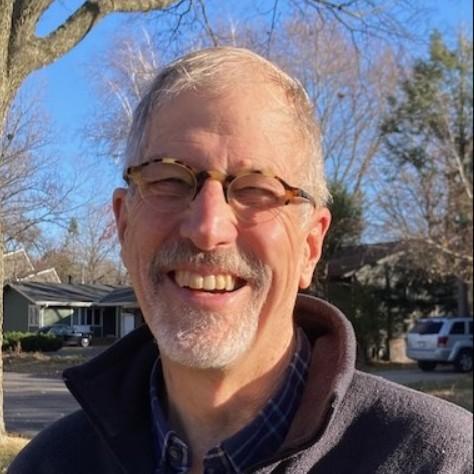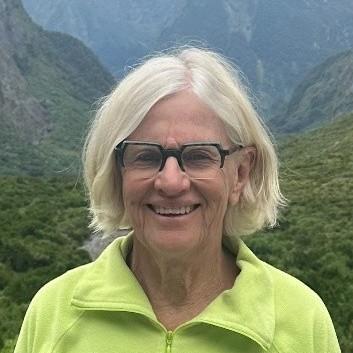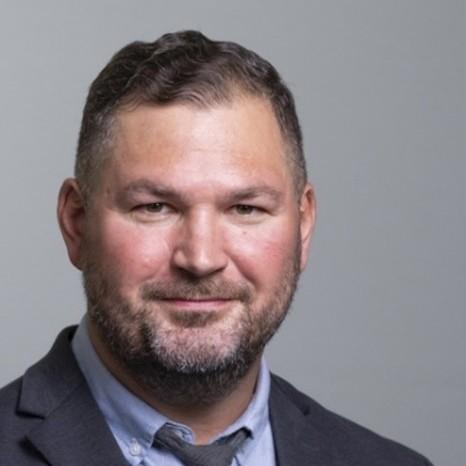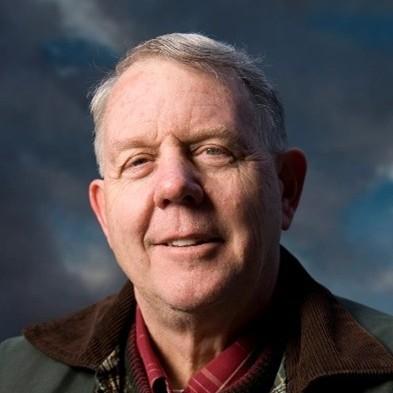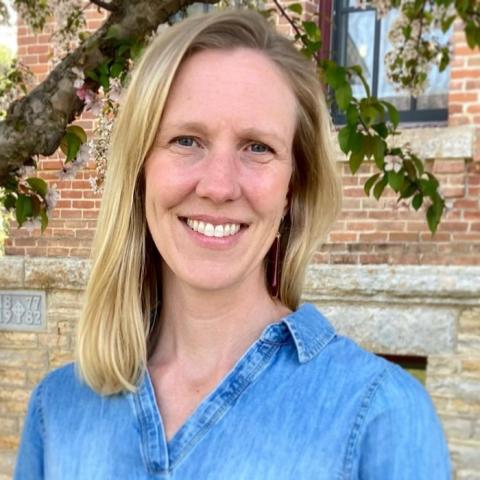Caring for Creation: What Then Shall We Do? (John 3:10)
An invitation from Tim Goodwin and Clay Oglesbee (retired Elder)
Starting on Sunday, April 27 our congregation will host a four-week worship-and-teaching series, Caring for Creation: “What Then Should We Do?” We invite our members, as well as guests from the wider community, to consider together current understandings of climate change or climate crisis, the implications for us and for all in these times. We ask, depending on our understanding of what is taking place, what is a faithful response? “What then shall we do?” (John 3:10).
Why are we offering this series? Studies and observations by most trained scientists today indicate that we are undermining our planet’s ecosystems and its healthfulness for living creatures by the extent and rate of burning fossil fuels and emitting carbon dioxide and other gasses like methane into our atmosphere. In fact, 99.3 percent of active researchers and scientists say that we are experiencing “incontrovertible evidence of planetary-scale warming” due to the Greenhouse Effect (carbon dioxide and other gases accumulating in the atmosphere which tends to hold heat on the surface or in the oceans). The effects include:
- Arctic sea ice is being reduced by 12% per decade since 1979 (the air conditioning for our planet)
- Some monitored wildlife vertebrate and fresh water species have been reduced in numbers by 75-85% since the first Earth Day fifty-five years ago (World Wildlife Federation)
- Sea levels are rising, and there are more and longer-lasting heat waves and global drought so that public health and adequate food and water supplies are threatened
- Increasingly powerful and damaging hurricanes, tornadoes, fires, hail and flooding point toward increasing losses and insurance costs
- Infectious diseases or pandemics are more common and spread more rapidly due to intense and extended heat waves
- Global climate refugees are said to be in the tens of millions now and projected into the billions in decades to come
- Carbon dioxide and other gases in the atmosphere will linger for decades or centuries or longer, and will already indefinitely affect quality of life on earth; carbon storage and many other technological steps are needed to slow, reduce or eliminate carbon emissions
Our Leadership Board, while holding varying opinions about climate change, has agreed it is important and timely to examine
scientific evidence, to observe our own experiences, and to reflect together on how our Faith guides us to care for the planet,
and what actions we each might take. We are open to many answers to these questions; the point is to share questions, share
our values, and act to Care for Creation.

